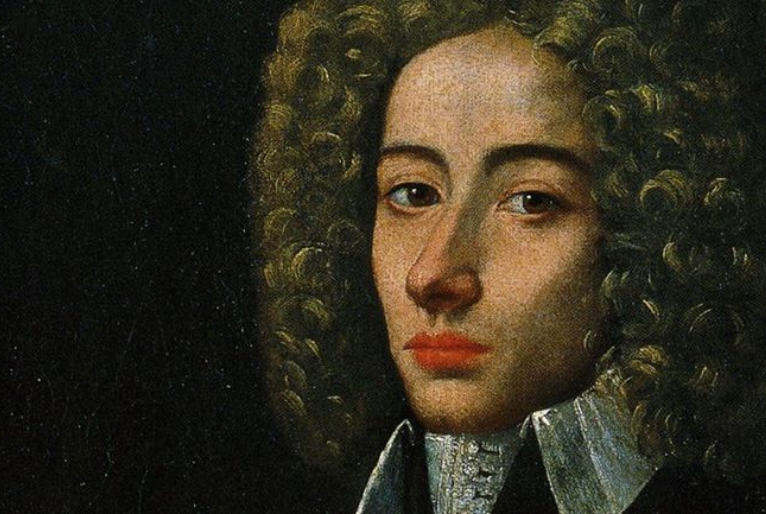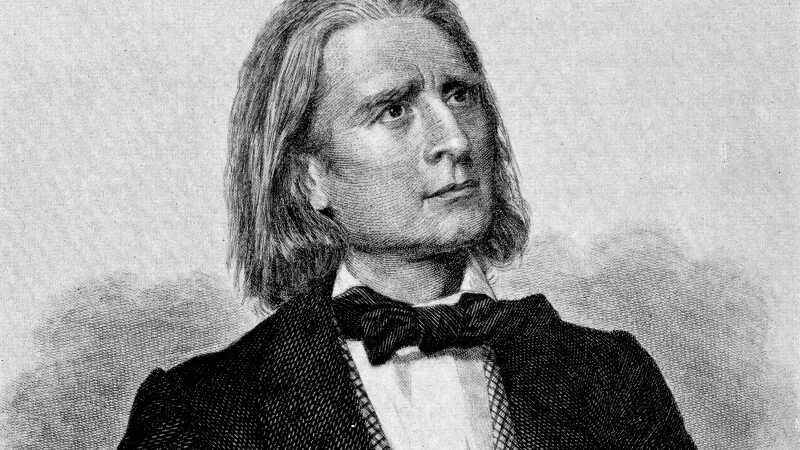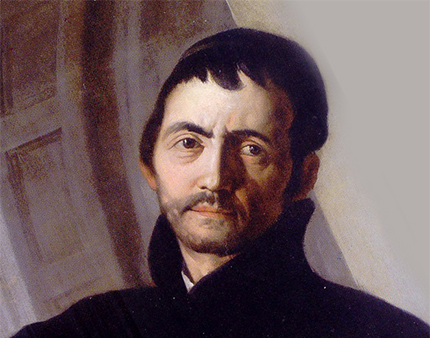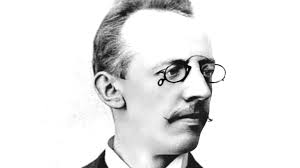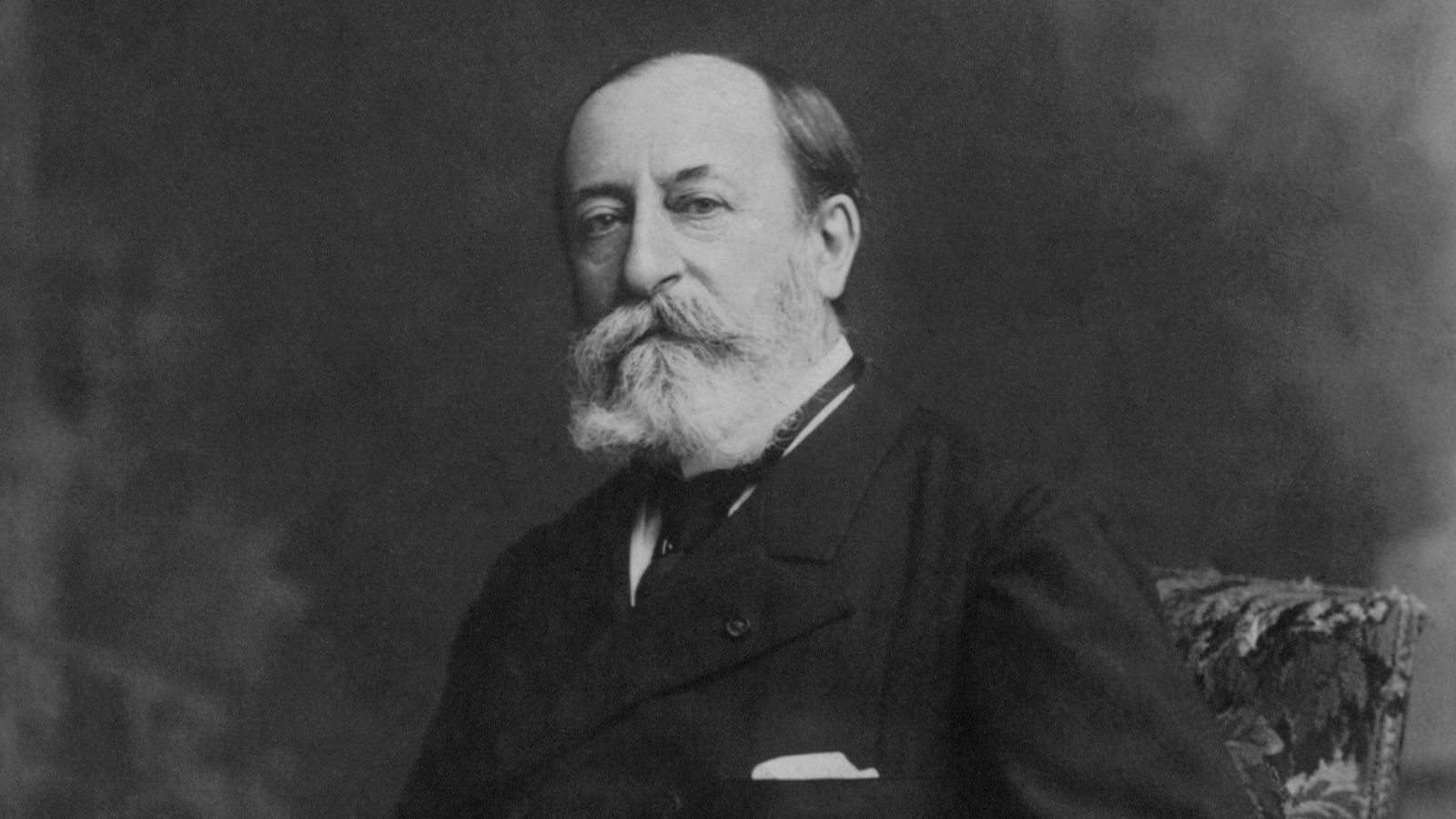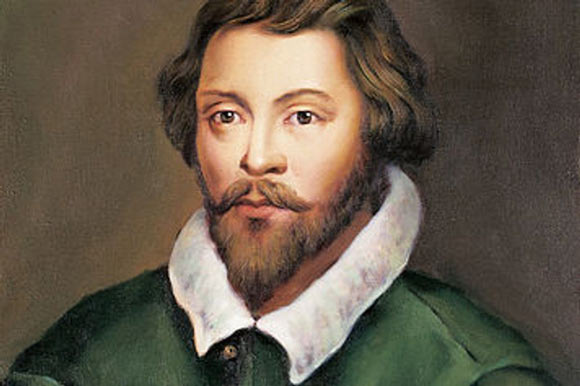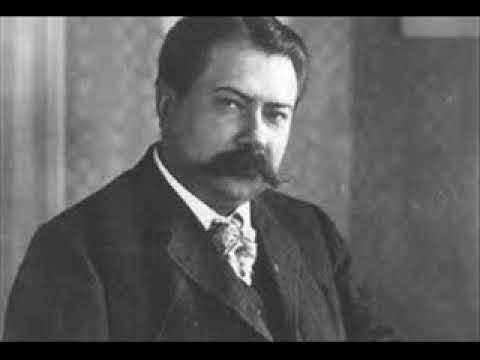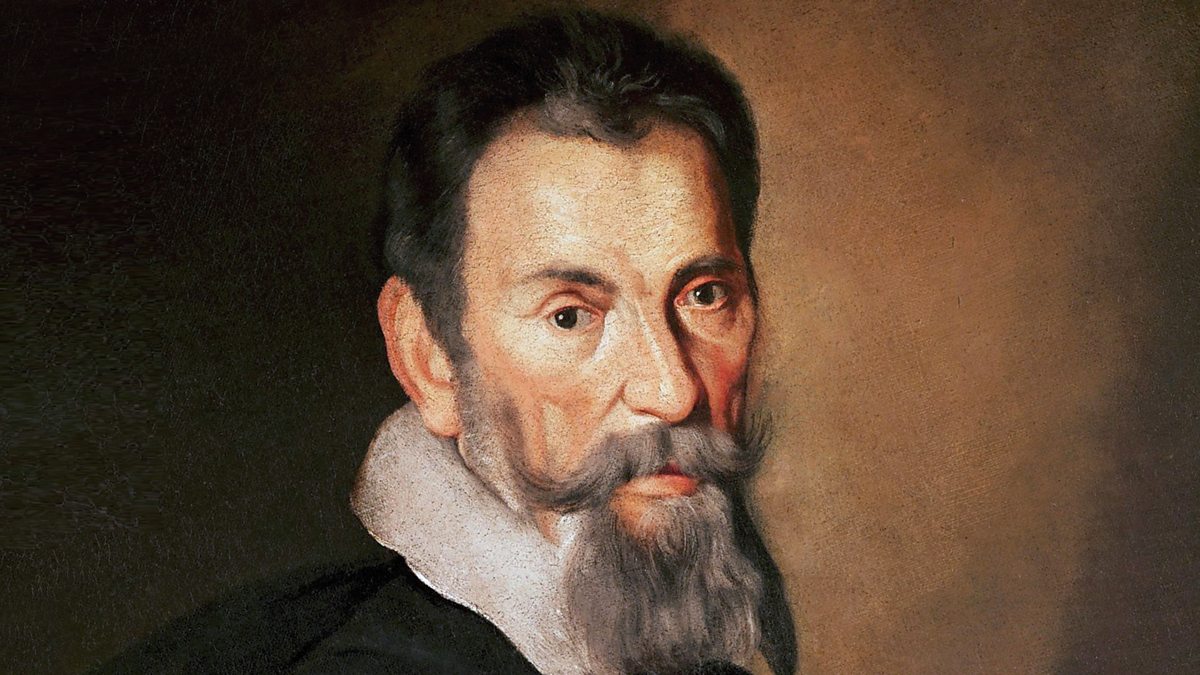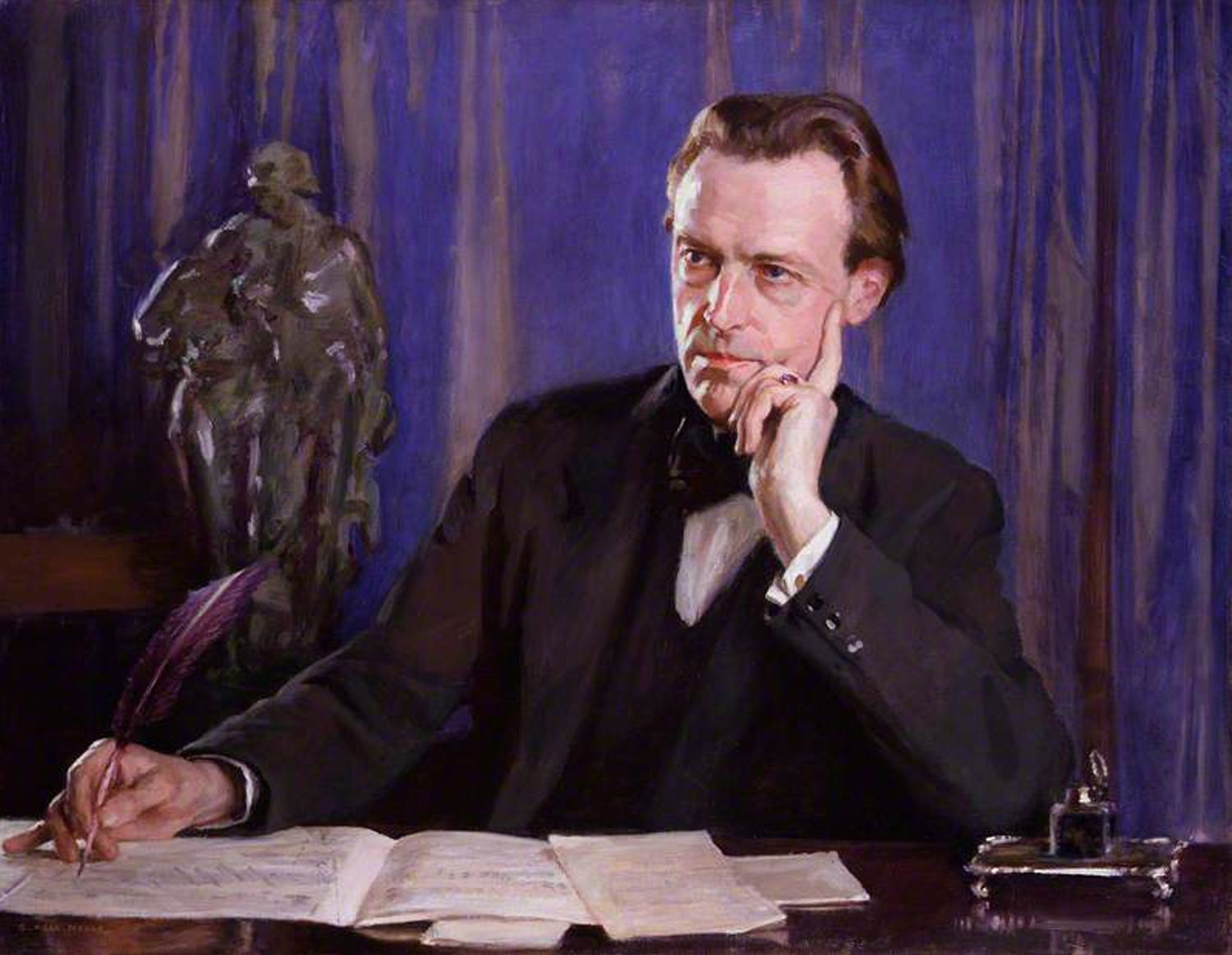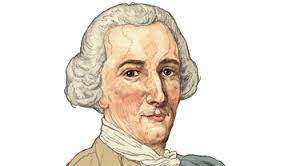Giovanni Battista Pergolesi, one of the most renowned composers of the Baroque era, was born on January 4, 1710, in Jesi, Italy. Despite his short life, Pergolesi's musical legacy continues to captivate audiences centuries later.
From an early age, Pergolesi exhibited prodigious musical talent, receiving his initial training in music from his father and later studying at the Conservatorio dei Poveri di Gesù Cristo in Naples. It was in Naples where Pergolesi honed his skills and developed a deep understanding of the operatic and sacred music forms that would come to define his career.
Franz Liszt, a towering figure in the realm of classical music, was born on October 22, 1811, in Raiding, Hungary (now part of Austria). His life was a symphony of talent, passion, and innovation, leaving an indelible mark on the world of music.
From an early age, Liszt showed prodigious musical abilities. He began piano lessons with his father at the age of six and gave his first public performance at the age of nine. Recognizing his son's exceptional talent, Liszt's father sought out professional tutelage for him, taking him to Vienna to study with Carl Czerny and Antonio Salieri. By his teenage years, Liszt had already established himself as a virtuoso pianist, captivating audiences across Europe with his extraordinary skill and electrifying performances.
Vítězslav Novák stands as one of the most significant figures in Czech music, his compositions embodying the rich tapestry of his homeland's cultural and musical heritage. Born on December 5, 1870, in Kamenice nad Lipou, Novák's life unfolded against the backdrop of the late 19th and early 20th centuries, marked by political upheavals, artistic revolutions, and a relentless pursuit of musical innovation.
Novák's musical journey began at an early age, displaying a remarkable talent for the piano and composition. His early education at the Prague Conservatory laid the foundation for his future endeavors, where he studied under the tutelage of esteemed composers such as Antonín Dvořák and Josef Suk. Under their guidance, Novák honed his skills and developed a deep appreciation for the folk music traditions of his homeland, which would later influence his compositional style.
1 - Musical Prodigy: Born on October 9, 1835, in Paris, France, Camille Saint-Saëns displayed remarkable musical talent from an early age. He started playing the piano at the age of two and composed his first piece at just three years old.
2 - Prolific Composer: Saint-Saëns was an incredibly prolific composer, leaving behind a vast body of work across various genres. His compositions include symphonies, operas, concertos, chamber music, and works for solo piano and organ.
1 - Life and Background: William Byrd was born in London, England, around 1540. He lived during the Elizabethan era, a period of great cultural and artistic flourishing in England.
2 - Education and Training: Byrd received his early musical education as a chorister at St. Paul's Cathedral. Later, he studied under Thomas Tallis, another prominent English composer of the Renaissance period.
Tor Aulin, a distinguished Swedish composer, violinist, and conductor, left an indelible mark on the world of classical music with his captivating compositions and profound musicality. Born on September 10, 1866, in Stockholm, Sweden, Aulin's journey towards musical greatness began at a young age.
Aulin's musical talents were evident early on, and he received his first violin lessons from his father, a skilled amateur musician. Recognizing his son's exceptional abilities, Aulin's father ensured that he received proper training, laying the foundation for his future success.
1 - Pioneer of Opera: Claudio Monteverdi (1567-1643) is often hailed as the father of opera. His innovative works, particularly "L'Orfeo" (1607) and "L'incoronazione di Poppea" (1642), marked a significant shift from Renaissance to Baroque music, laying the groundwork for the development of the operatic form.
2 - Versatile Composer: Monteverdi's compositions span various genres, including madrigals, motets, operas, and sacred music. His versatility allowed him to excel in both secular and sacred music, demonstrating his mastery across different styles and forms.
Cyril Scott, a pioneering composer and visionary of the early 20th century, left an indelible mark on the world of music with his innovative compositions and unconventional approach. Here are 10 fascinating facts about this enigmatic musical genius:
1. Early Start: Cyril Scott was born on September 27, 1879, in Oxton, England. Showing remarkable musical talent from a young age, he began composing at just five years old.
Baldassare Galuppi, often referred to as the "Father of the comic opera," was a prominent Italian composer of the 18th century. Born on October 18, 1706, in Venice, Italy, Galuppi demonstrated musical talent from an early age. He received his initial training in music from his father, a barber and violinist, before studying with prominent composers such as Antonio Lotti.
Galuppi's career took off swiftly, and by his early twenties, he had already composed several operas and sacred works. His compositions were characterized by their melodic richness, harmonic sophistication, and inventive orchestration. Galuppi's operas, in particular, garnered widespread acclaim for their witty librettos and lively musical settings.
